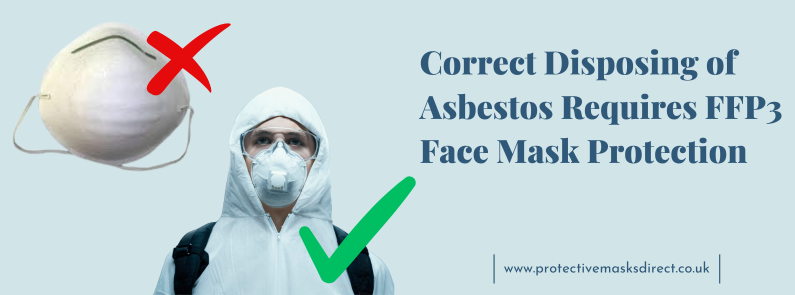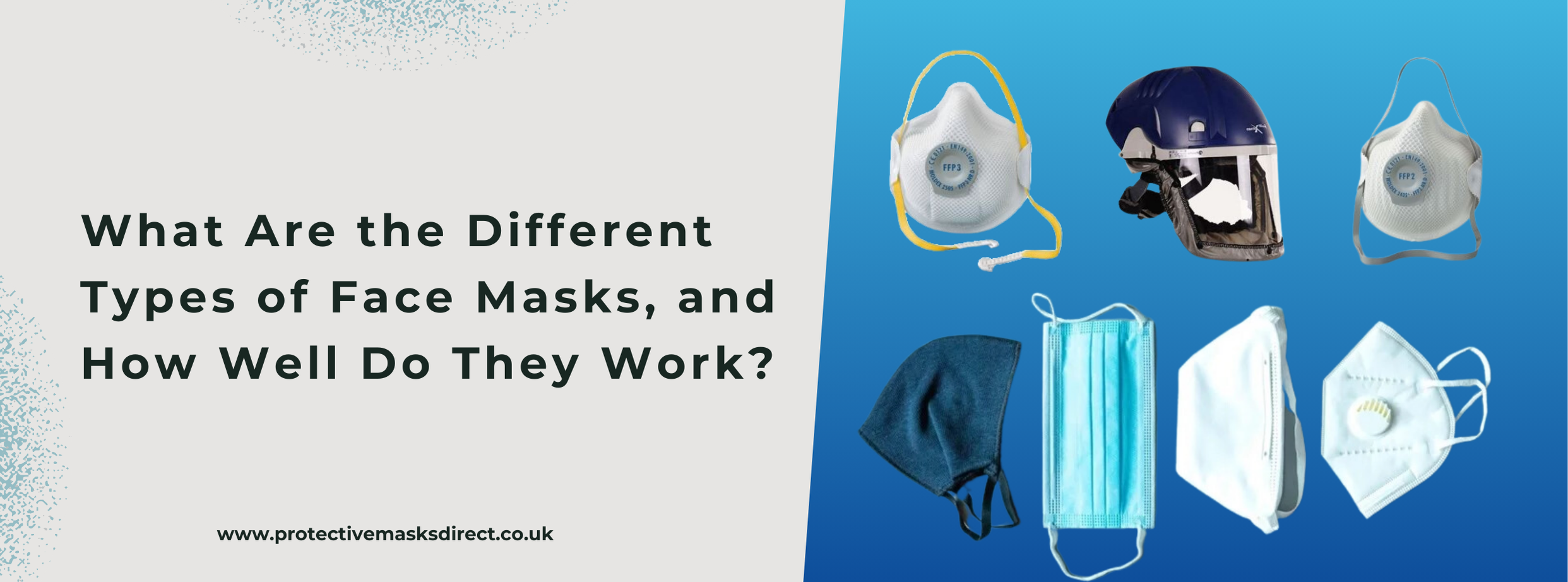
Do your employees take proper precautions while handling hazardous material? Does your employer provide the necessary equipment and a safe working environment? It is an apparent fact that no one wants to get hurt or cause damage, but sometimes little negligence can cause havoc. Most people tend to avoid the best safety practices as it requires extra time and efforts. They forget that a little effort and time devotion can prevent severe mishaps in future.
Some precautions at the workplace can improve safety and eventually morale, productivity and well-being of the employees. Proper planning and cautious efforts could prevent disasters and save wasted work hours.
Check out the following safety precaution tips for a chemical workplace.
1. Identify Safe Practices to Use Chemicals
Identifying safe practices to use the chemical is crucial. Each chemical has different properties and needs to be handled accordingly. So always follow safe handling instructions and identify different procedure of using the chemicals.
- Lookout for instructions when handling and mixing up multiple chemicals together.
- Proper cleaning of body and equipment after each use of the chemicals is a must.
- Never eat and drink when you’re handling chemicals or at the nearby areas where these chemicals are used or stored.
- Label all containers with the name, its concentration, hazards and manufacturing details of these chemicals.
2. Safety Equipment is your Best Friend
Get a thorough understanding of chemicals in use at your workplace and identify the type of safety equipment (PPE) is necessary to use for handling such chemicals. PPE or personal protective equipment blocks the chemicals from contacting different body parts of the employees such as eyes, hands, skin or even the entire body.
There are several designated PPE protecting for specific parts of the body such as powered respirator mask for protecting workers from harmful chemical fumes, eye gear for protecting the eyes, chemical resistant boots and rubber gloves, overalls, etc.
Make sure to keep a check on these PPE to replace the damaged ones and provide the reusable dust mask and other equipment for multiple usages.
3. Storing the Chemicals Safely
Handling chemical is a tricky task as many chemicals tend to react violently when put in proximity of other substances, leading dreadful situations, causing fires, explosions and gas leakages.
- Make sure to comply with the instructions and guidelines of each chemical substance carefully.
- Use separate safety cabinets specially designed from non-combustible materials to keep the chemicals protected.
- Label the chemicals with names and warning signs to alert the user.
4. Disposing of the waste Chemicals
Again, cautious disposing of the waste chemicals is necessary. Reckless disposal of any dangerous waste chemicals leads to a possible risks to many people who may not be equipped or trained in the handling of chemicals.
Attach a hazard warning waste tag to the container to make people aware of the toxic waste materials stored in it.
If some chemicals are extremely toxic or poisonous, the material should be stored in a sealed vessel or container. Contact the appropriate agency for careful and proper disposal of those chemicals
5. Train the Staff Regularly
Merely providing necessary PPE like ffp3 dust mask and safety clothes is not enough. Every employee who is handling hazardous chemicals must clearly understand the risks and ill effects of such chemicals.
- Every staff member staff should undergo safety training thoroughly before even starting the work.
- In case of emergency, each member must be well aware of the evacuation procedure.
- They should have proper training regarding handling, storing and disposing of the chemicals.
- First aid and other medical services should be provided to the staff in readiness.
Although each work area and chemical comes with its own set of challenges and precautions, following these precautionary tips will help you minimize the risks involved and make your workplace safe for every worker. Learn about medical emergency procedures and equipment. Ensure using proper safety equipment such as disposable masks whenever required.
Being aware of the surrounding and understanding the need for safety will quip you and your employees to handle chemicals cautiously and avoid dangers.




